Our researchers: Who's who
Our research themes rest on the six scientific units biology, chemistry, science education, Earth system sciences, human geography, innovation sciences and entrepreneurship together with food and nutrition sciences. Our research units continue to evolve in the course of benchmarking processes and constant rejuvenation. We are committed to increase our performance and competition as well as our national and international profile through reorganisations, institute fusions and new appointments.
Biology
Biology on the Campus Herrenhausen comprises microbiology, cell biology and plant biology and is united by the grand challenge to understand Trans-Scale Resilience. This integrative and collaborative concept aims to uncover resilience mechanisms in biology across different scales, from molecules and cells to organisms and ecosystems. Metabolic Adaptivity and Compartmental Interactions represent two focal themes within this framework bridging fundamental science with biotechnology and biomedicine. In these areas, we explore how organisms adjust their metabolic processes to gain robustness under changing conditions. By studying communication and feedback across compartments we want to understand how interactions within and between biological systems contribute to resilience.
Cell biology and biophysics
Plant biology
Plant genomics and biotechnology
Plant biochemistry
Plant physiology
Applied plant biology
Chemistry


Research in the chemistry institutes focusses on:
- the design, construction and analysis of new materials with defined functions
- the synthesis and analysis of bioactive natural products and new medicines
- biotechnology, tissue engineering, photobiocatalysis and computer applications in technical chemistry
- the chemistry, biotechnology and analysis of food
- the study of interfaces and developments in theoretical and computational chemistry
Organic chemistry
Inorganic chemistry
Physical chemistry and electrochemistry
Technical chemistry
Science Education
The research fields in science education aim to develop and analyse the content and forms of teaching and learning in our subject areas of biology, chemistry, geography and food science. Learning cultures are developed here that address contemporary challenges and contribute to the professionalisation of teaching staff. The focus is on subject-related competences as well as on interests, mindsets and core values. Interdisciplinary goals such as education for sustainable development and digitalisation are essential. Development-orientated as well as qualitative and quantitative empirical research methods are used.
Science education
Earth system sciences

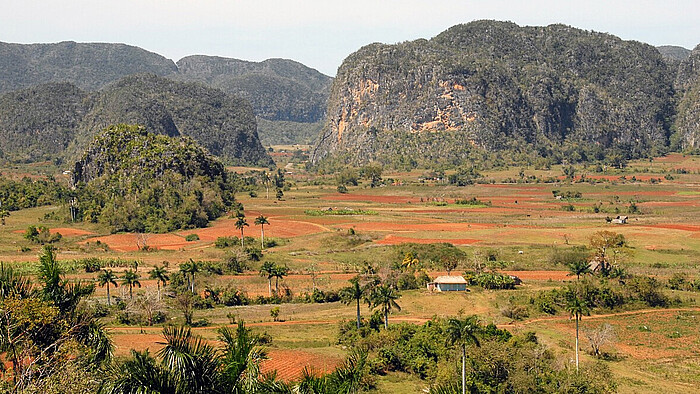
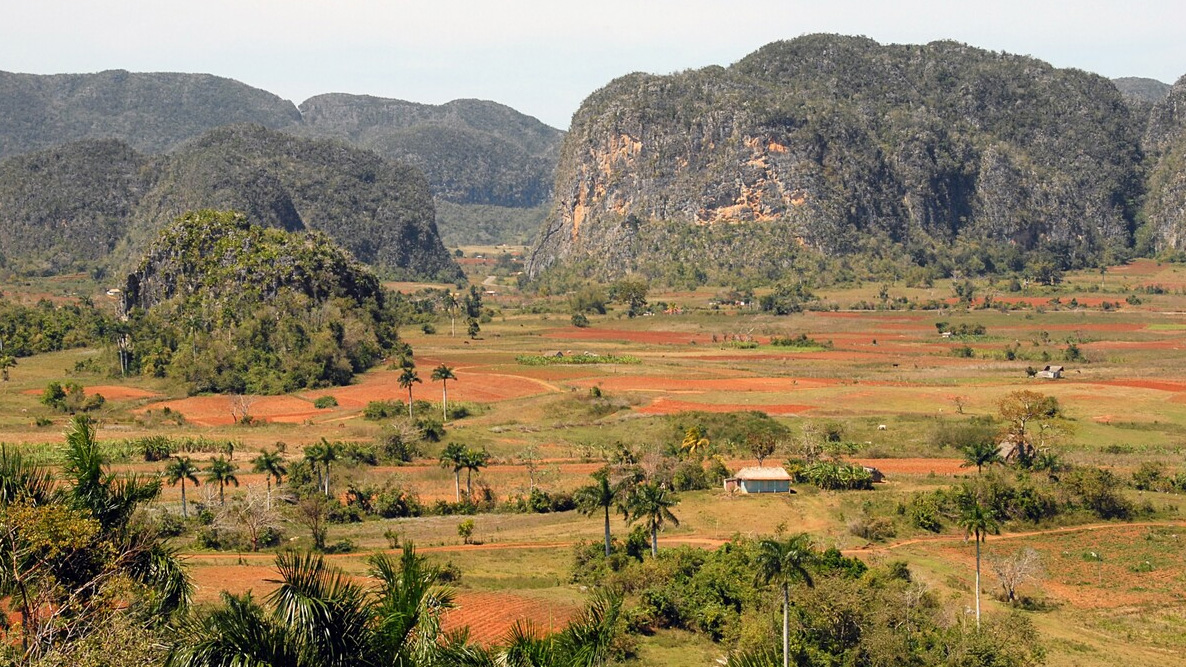
Earth system sciences explore geoscientific and landscape processes in time and space. The focus lays on developing a detailed understanding of the relationships and interactions between lithosphere, pedosphere, hydrosphere, atmosphere, biosphere and anthroposphere in the Earth system. Thereby, socially relevant topics are researched – such as the sustainable use of resources, the assessment of geohazards and the causes and consequences of climate change, biodiversity loss and environmental changes for humans and nature – and sustainable solution strategies can be developed. Interdisciplinary and cross-scale methods are used for the research: Field and laboratory experiments, state-of-the-art geochemical analytics, imaging and spatial analyses, statistics and remote sensing, as well as modelling and machine learning.
Soil science
Geology
Geobotany
Mineralogy
Physical geography and landscape ecology
Human geography, innovation scienes and entrepreneurship

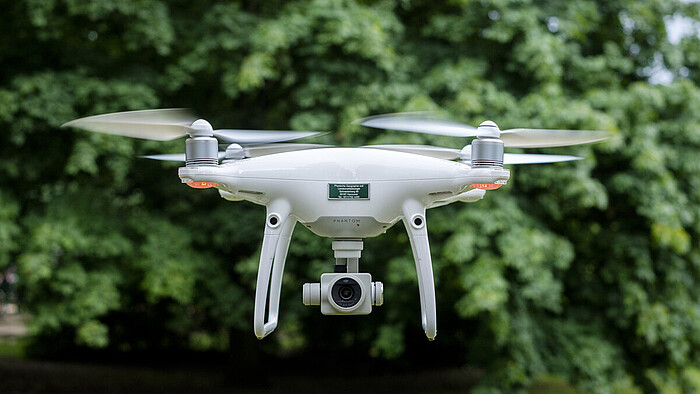

The interactions between society, the economy and the natural environment are at the centre of this field of research. The complex combination of different impact factors in specific habitats needs to be explained and modelled, and suitable methods for analysis need to be tested. In the context of the ‘Grand Challenges’, we are investigating how the functionality of ecosystems is changing, how the economy can be reorganised towards sustainability, how society reacts to far-reaching changes and how creativity and ingenuity can be used to implement new solutions to problems.
Economic and cultural geography
Innovation Research, technology management and entrepreneurship
Food and nutrition sciences



In food and nutrition sciences researchers explore biotechnology of natural products, food biotechnology, nutritional physiology as well as molecular food chemistry and food development.













